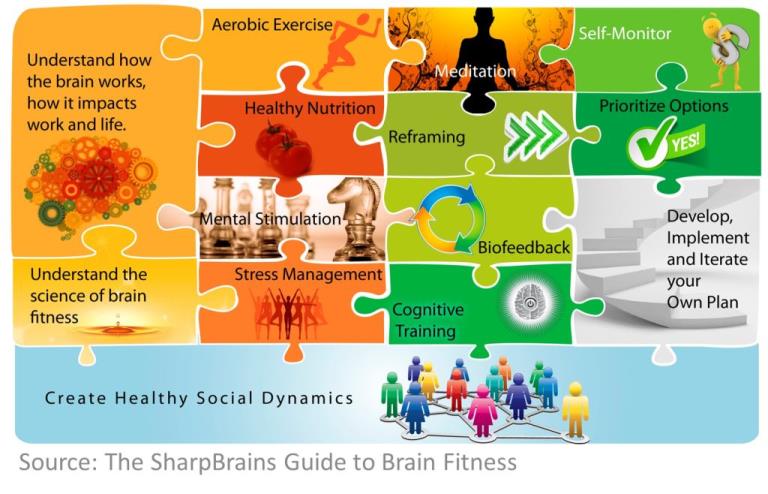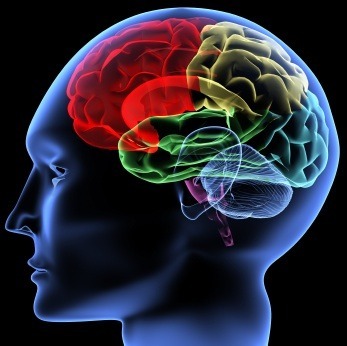Posts Tagged ‘socialization’
April 21st virtual lecture to discuss 25 Must-Know Facts about Brain Health, Neuroplasticity and Technology
Dear SharpBrains friend, As Dr. Robert Bilder, Tan Le and myself finalize the curriculum for the upcoming virtual lecture on April 21st, we are working hard to select the key brain-related facts that everyone should truly understand in order to navigate the growing stream of news articles, research reports and marketing claims. Focusing on 25 fundamental…
Read MoreSix tips to build resilience and prevent brain-damaging stress
These days, we all live under considerable stress — economic challenges, job demands, family tensions, always-on technology and the 24-hour news cycle all contribute to ceaseless worry. While many have learned to simply “live with it,” this ongoing stress can, unless properly managed, have a
Read MoreTranscript: Paul Nussbaum on Meditation, Neuropsychology and Thanksgiving
Below you can find the full transcript of our engaging Q&A session yesterday on holistic brain health with clinical neuropsychologist Dr. Paul Nussbaum, author of Save Your Brain. You can learn more about the full Brain Fitness Q&A Series Here. Perhaps one of the best exchanges was:
Read MoreMay Update: Brain Training in Mental Health Toolkits for Prevention and Rehabilitation
The use of a variety of brain training interventions is growing in the area of mental health. Emerging evidence suggests that in the near future targeted brain training may even be used to prevent substance abuse. For example, training working memory may reduce substance abusers’ discounting of long-term rewards and punishments — such discounting is…
Read MoreWhat about an Adult Playground?
Adult playground is a nice low concept solution combining physical exercise with socialization as well as cognitive exercise. It helps in physical activity as well as brain health.
Read MorePlaying the Blame Game: Video Games Pros and Cons
Here are some information on Video Games Pros and Cons.
Read More



